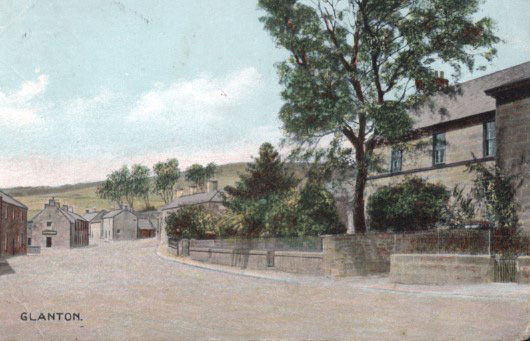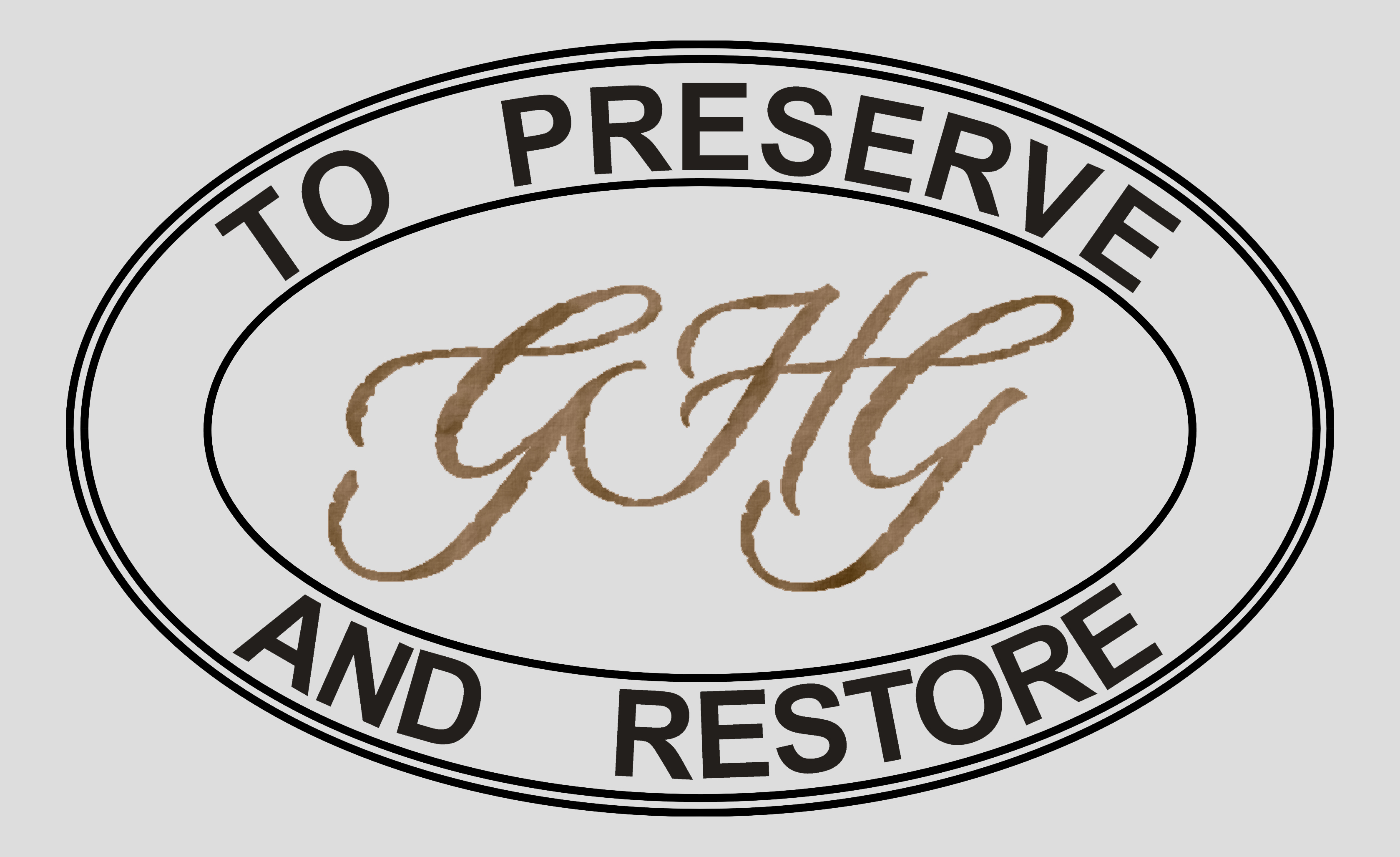Tam o'Glanton
About the turn of the 19th century when Britain was at war with Napoleon, there was a weaver in Glanton called Thomas Donaldson. He was busily penning verse as Tam o'Glanton in the style of Robert Burns. He published his works in 1809 and had this to say about the possibility of a French invasion.
An Acrostic to a Young Recruit
Allan, my lad here comes a line; Lang look'd for's come at last. Lang may you i'your armour shine, An 'gie our foes a blast. Now news is gaun that Buonaparte's Refitting to come over; Old England's tars will coup his carts, Conduct him into Dover. Hae at hime, ere he gets in; Engage him wi' the local; Sae nicely they will skelp his skin, They'll smash him like a cokle. E're be steady 'midst these war's alarms; Rely on God to aid the British arms.
A full copy of this fascinating book can be viewed here.
His poem on the death of his favourite hen, Muffie, leaves us with a charming, if slightly tongue in cheek, glimpse of everyday life in the village. Page 39 of the publication.
“On the Death of a Favourite Hen.
Ye wives lament thro’ a’ the lan’,
Let tears rin like the Keppin stran’,
O’erpower’d wi grief I canna stan’,
Come haud my head;
Ne’er sic a Hen was seen by man,
But Muffie’s dead.
My Muffie was a Hen o’ Hens,
This ev’ry honest neebor kens;
Wi’ her ten claws, lang wi’ her friens,
She’d seek her bread;
Now I may gang an’ get my men’s,
Sin’ Muffie’s dead.
She laid an egg, ay ev’ry day.
She never wander’d far away
Like ither hens, that gang astray
Amang the weeds;
Like her, alake! I hae nae mae,
Now Muffie’s dead.
She bought me Sugar, Tea an’ Bread,
Needles, Thimbles, Twist an’ Thread,
An’ mony ither things, indeed,
To mak’ me braw;
But now, alake! poor Muffie’s dead,
‘Tis warst o’ a’.
I brought her frae Langhoughton Town;
I’ve had her twenty seasons roun’.
My Hen she was a shining Brown,
Wi’ Muffi’d head;
She was weel kend, ay a’ will own,
But now she’s dead
She hurt an e’e ance in a fight,
Which for a lang time spoilt her sight,
Yet after she gat hale an’ tight,
She’d gie them battle;
An ne’er a Hen o’ Muffie’s weight
Could stan’ her brattle.
That donsie laddie, Billie Brown,
I wadna’ car’d to’ve crack’d his crown,
Wi’ his twa clogs he ran her down -
That idle scholar;
I swear I’d rather gi’en the loun
A Spanish Dollar.
I gar’d the rascal tak’ her hame,
Just like a present till his Dame.
A’ that I charg’d her for the same
Was but a shilling;
She bang’d poor Muftie back again -
She was not willing.
Now sin’ they hae return’d her hale,
An’ ploted neither head nor tail,
My Hen will mak’ a pot fu’ kail
I’ time o’ need;
Sae I conclude this mournfu’ tale -
That Muffie’s dead.
Bill’s hae a present o’ her claws,
Wi’ her two wings to dust the wa’s.
Hang up her head to scar the craws
Frae off the seed;
An’ mak’ a whissle o’ her jaws -
For Muffie’s dead.”
His imitation of the style of the Scots bard is clear, but his use of dialect makes one wonder if he was writing in Burn's or perhaps his own native Lowland Scots or in the North Northumberland tongue of the day. Presumable his readers understood the content of his verse, which would seem to indicate that with the obvious commonality of words and expression in its structure, country speech north or south of the border was virtually indistinguishable - as it remains in some areas to this day.

